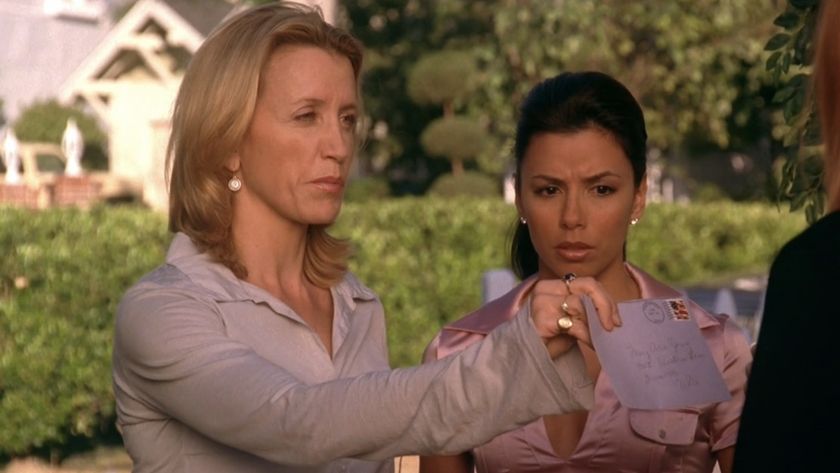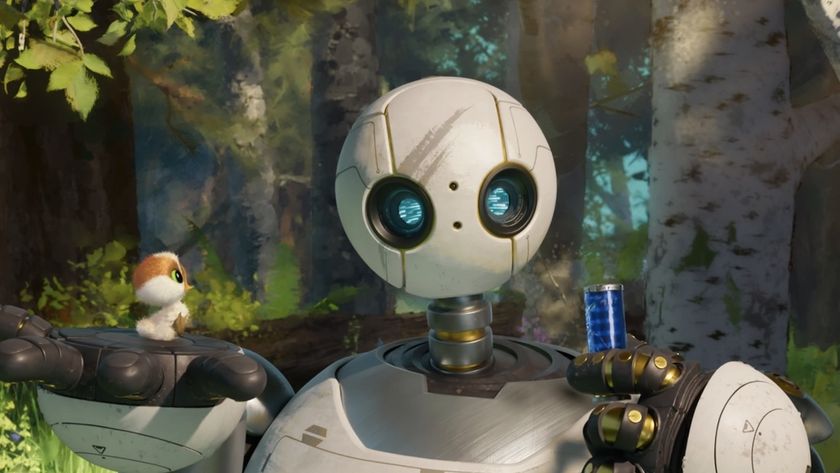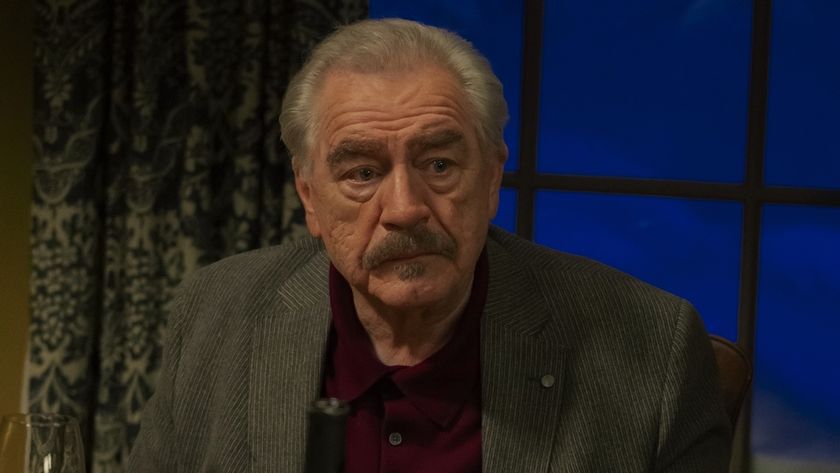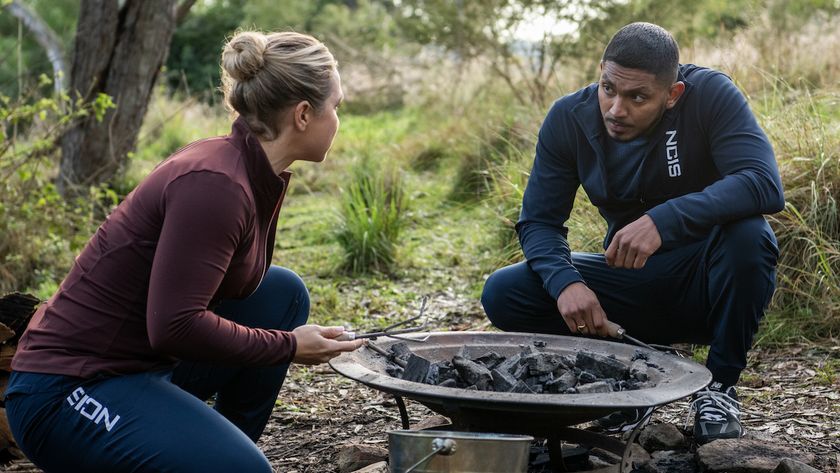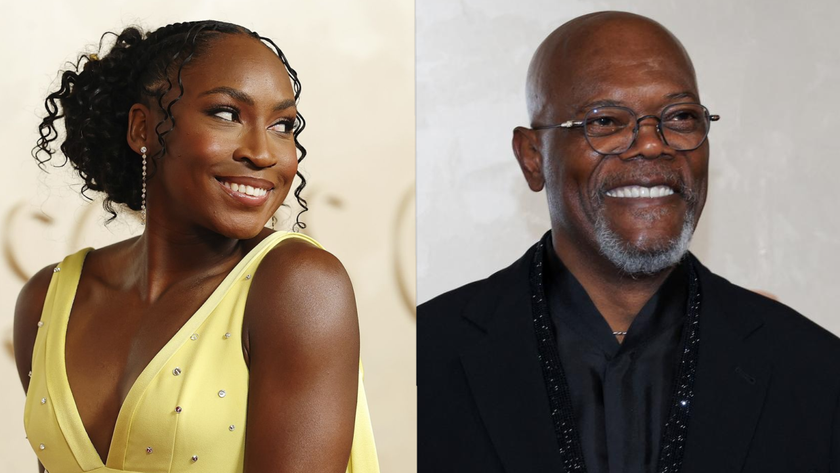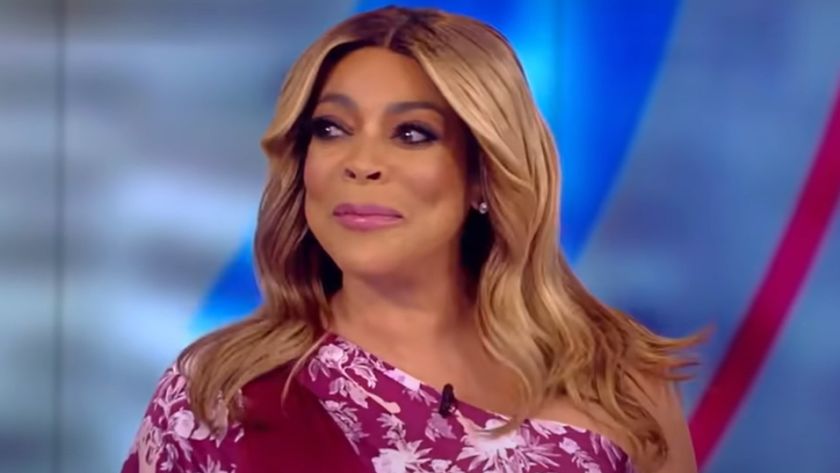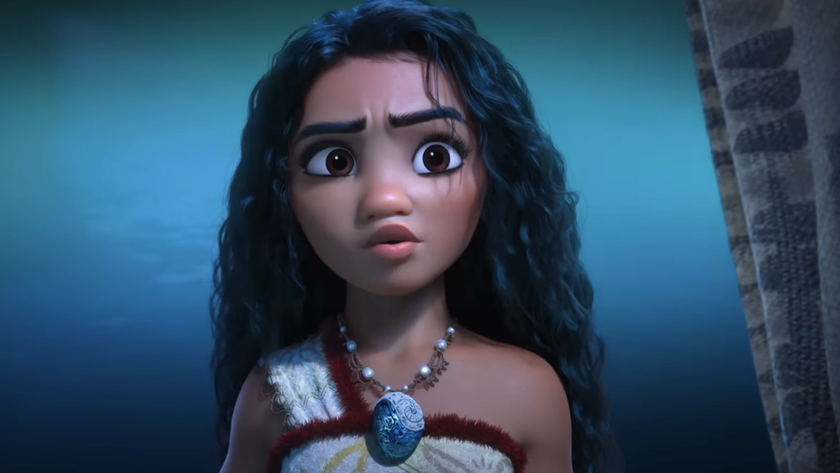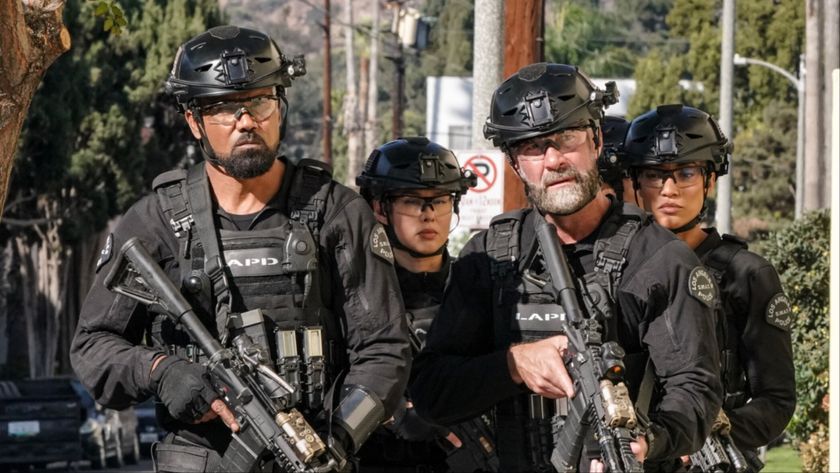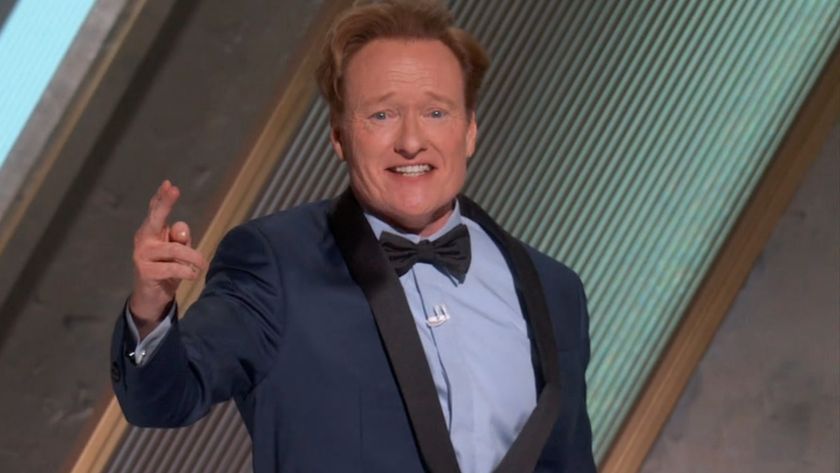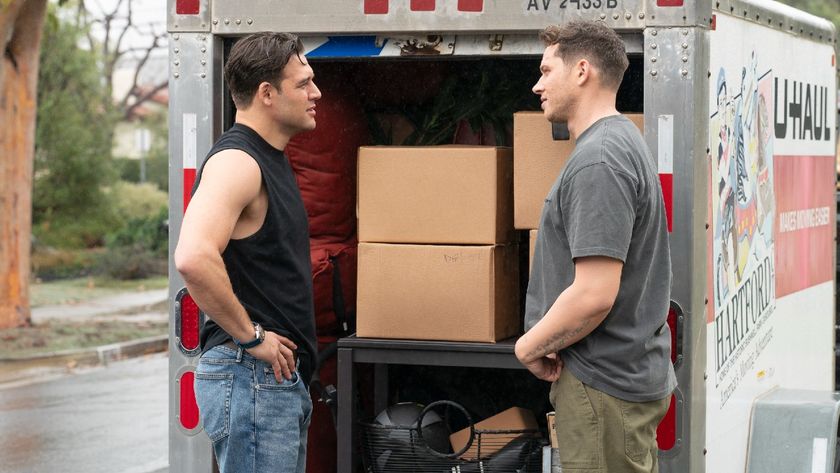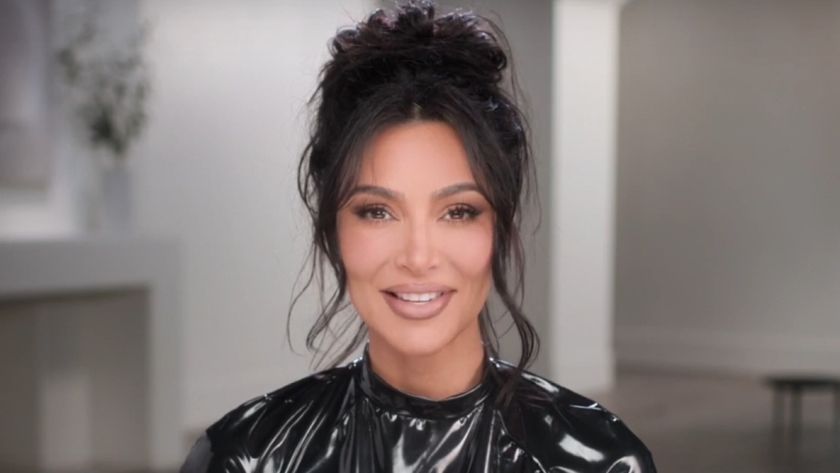NYFF Interview: Clint Eastwood
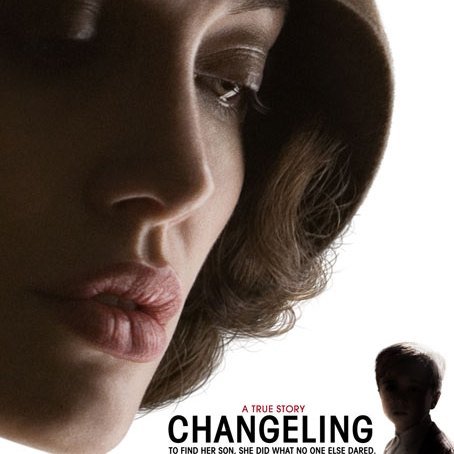
Clint Eastwood got a resounding round of applause when he walked into the Walter Reade theater after Changeling screened for critics at the New York Film Festival. And, as you would expect, he didn't seem to particularly notice or care. He was there to talk about the movie he made, his second film in a row, after Million Dollar Baby, highlighting the struggles of women who must operate in a world dominated by men. The movie is based on the true case of Christine Collins, whose son disappeared in 1928 and was allegedly "returned" to her six months later-- except the boy was not her son. Seeking good publicity, the Los Angeles Police Department ignored her requests that they continue looking for her son, and eventually threw her into a mental asylum to get her to keep quiet.
Clear-voiced and funny, Eastwood talked about directing Angelina Jolie in the lead role, telling a story from a woman's point of view, and he even got a little political near the end.
How was the incident first told to you, and why did you want to make it into a film?
I didn't know much about the incident, and I was surprised I hadn't heard about it, because it was such an unusual event. L.A. historically has had crazy situations, but this one was very unusual. I didn't know anything about it until I read the script. [Screenwriter J. Michael Straczynski] did a very interesting thing. He took the story of the woman rather than take the story of the crime.
Can you talk about running with the young actors in the movie?
That's one of the reasons that in my senior years I do this-- I stay behind the camera and let the young people out there jump and run with the ball. It's a great pleasure these days to watch talent come along, and work with people that are coming along. I'm always amazed at how good some of them are, at such a young age. It took me forever to learn how to say my own name.
Have you given up acting?
CINEMABLEND NEWSLETTER
Your Daily Blend of Entertainment News
Well I thought about it after watching all those young actors. Since the picture was completed this year, I've done another film, which I've performed in, even though I said I wasn't going to do that anymore. I think I said that back a few years ago, and then Million Dollar BabyGran Torino.
You captured the vernacular of the period, and the way people spoke to each other back then.
I was born in 1930, and was raised through the 30s, so the vernacular is still fresh in my brain-- whatever's left of it. I can remember my parents, who were very young when I was growing up, and you listened to it and you know what people said then and what they don't say.
Parts of the film seemed to have powerful modern-day resonance, even though they were dealing with a past case. How should the audience make the connection between past and present, especially as it deals with corruption.
There's definitely a correlation between corruption of today and as it was then. The egos of the police department, and they can't be wrong, and we see that nowadays very often.
What was it like working with Angelina Jolie?
Very good. I didn't know Angelina very well-- I had met her te As a noted Republican, what is your take on this year's election?
I haven't been very active in politics. Yes, I started out as a Republican in 1951, as a young 21-year-old in the army. I wanted to vote for Dwight Eisenhower. But Republicans, as has the Democratic party, have changed dramatically since the '50s. I tend toward a more libertarian point of view. The libertarian party never got going. Just the leave everybody alone, let's not over-regulate, that sort of thing was very appealing to a guy like myself who came up in the 30s and watched my parents struggle through the depression. They never waned anything for nothing. Nowadays, politically, everybody is promising everything. That's the only way you can get elected. It's like the Oprah show-- we'll give you anything if you get out there and vote. It's kind of perverted politics as far as I'm concerned. It's a very confusing era that we're in.
This movie and MIllion Dollar Baby both focus on a female protagonist standing up against a male world. Is that an intentional shift you've taken in your later career?
I just got very feminine. [Laughter] No, I've always been intrigued by stories [about women]. I did a lot of action films in the early days, but I've always been curious about that. I remember doing Bridges of Madison County some years back, an that was a story that was written from the man's point of view. The writer in that case took the point of view that it was a woman's story. So the screenwriter actually had I better take on it I think than the novelist. I don't know. Every story has its demands. I think women have more of an uphill battle than men have, so it becomes a more dramatic situation.
Staff Writer at CinemaBlend

